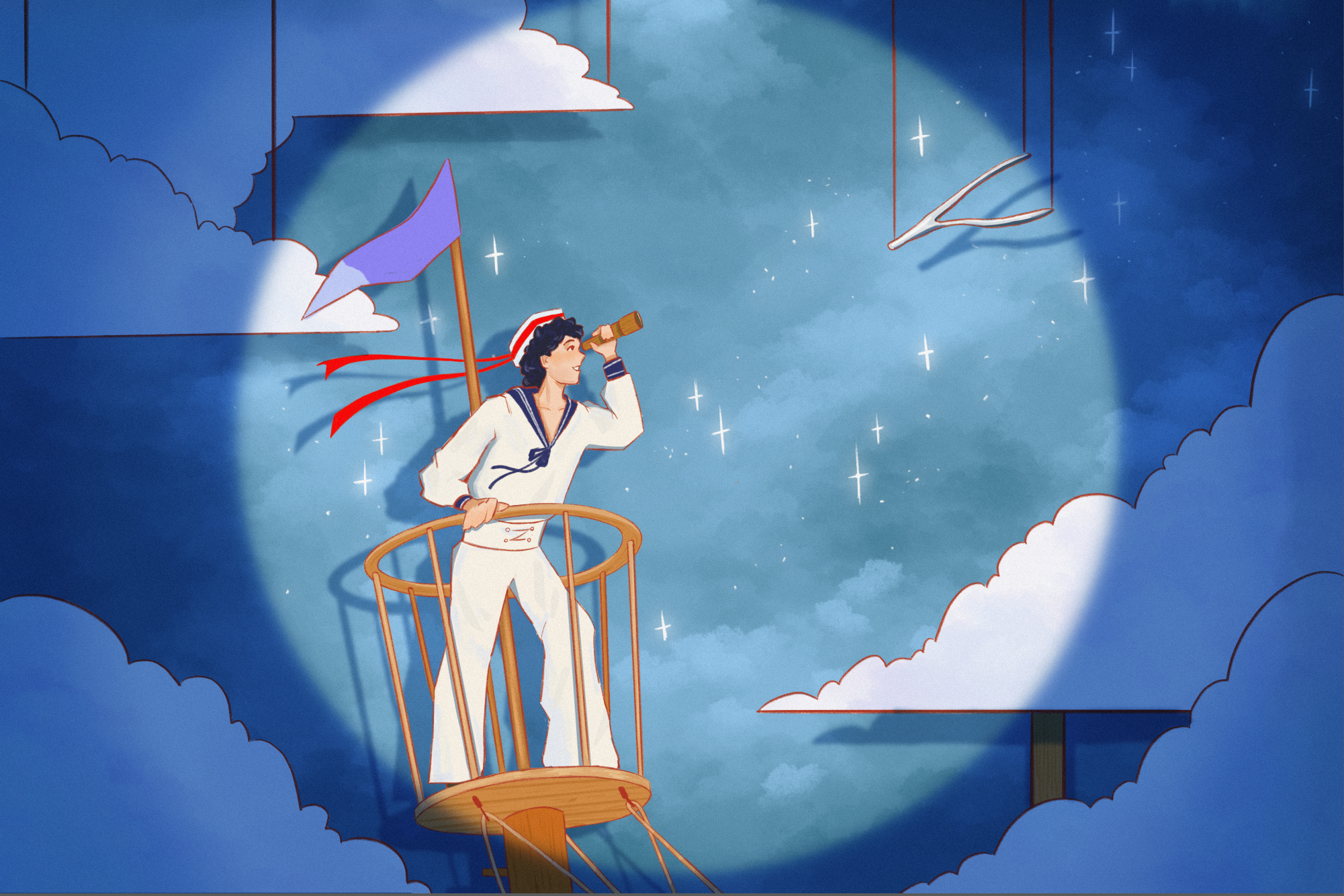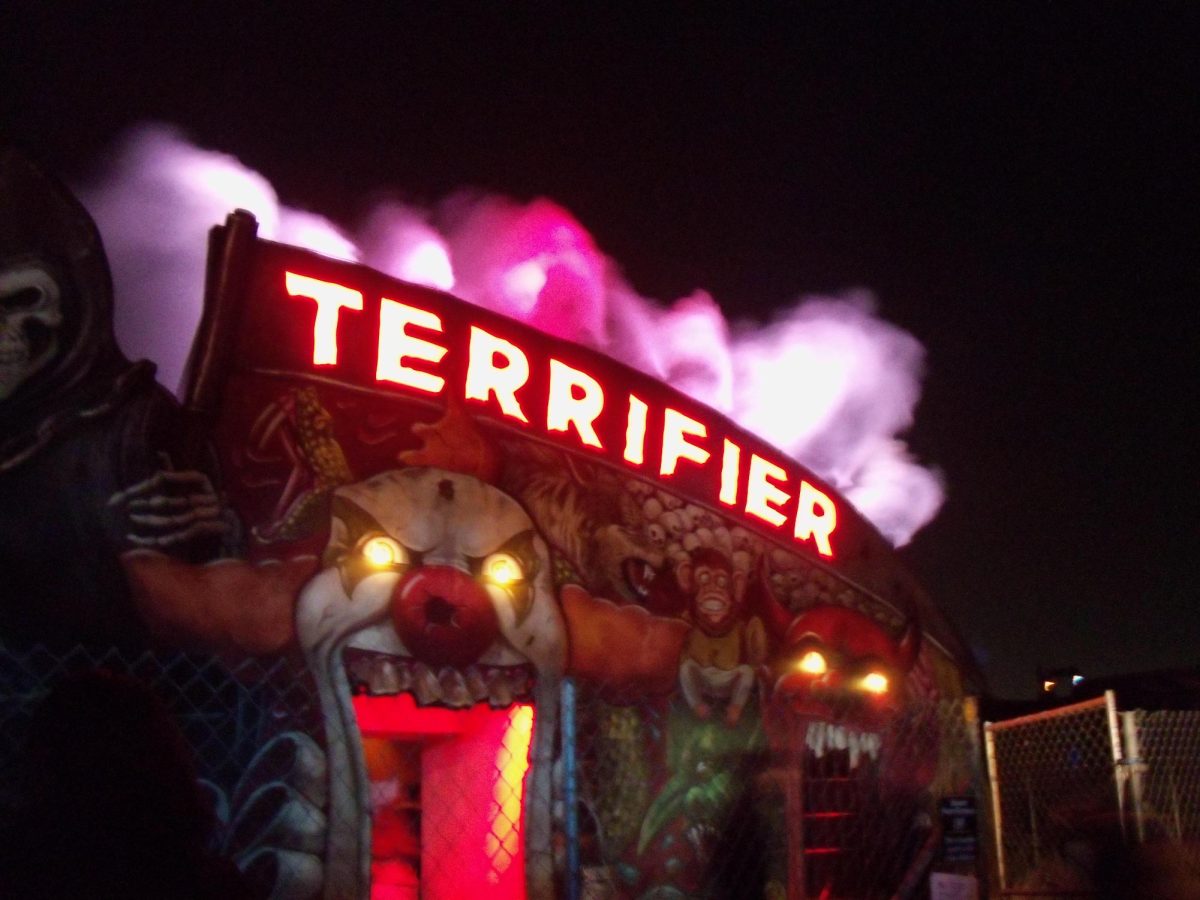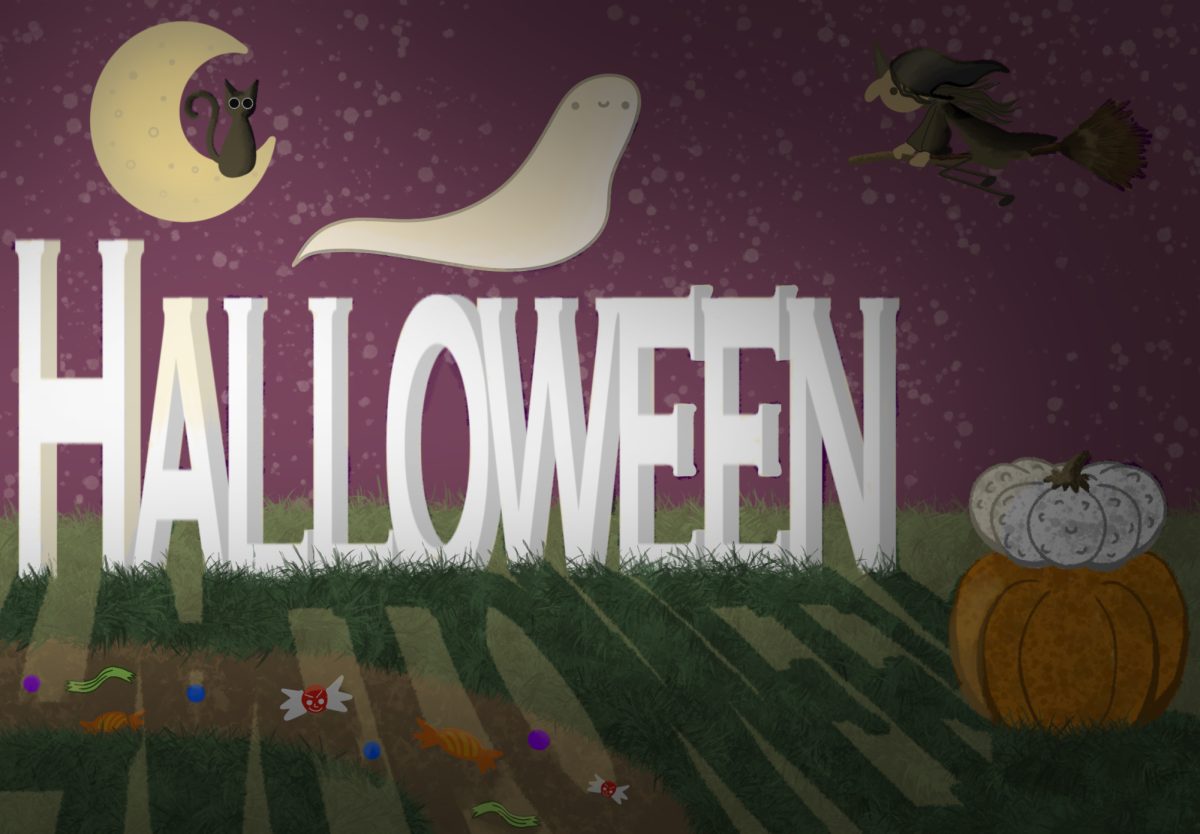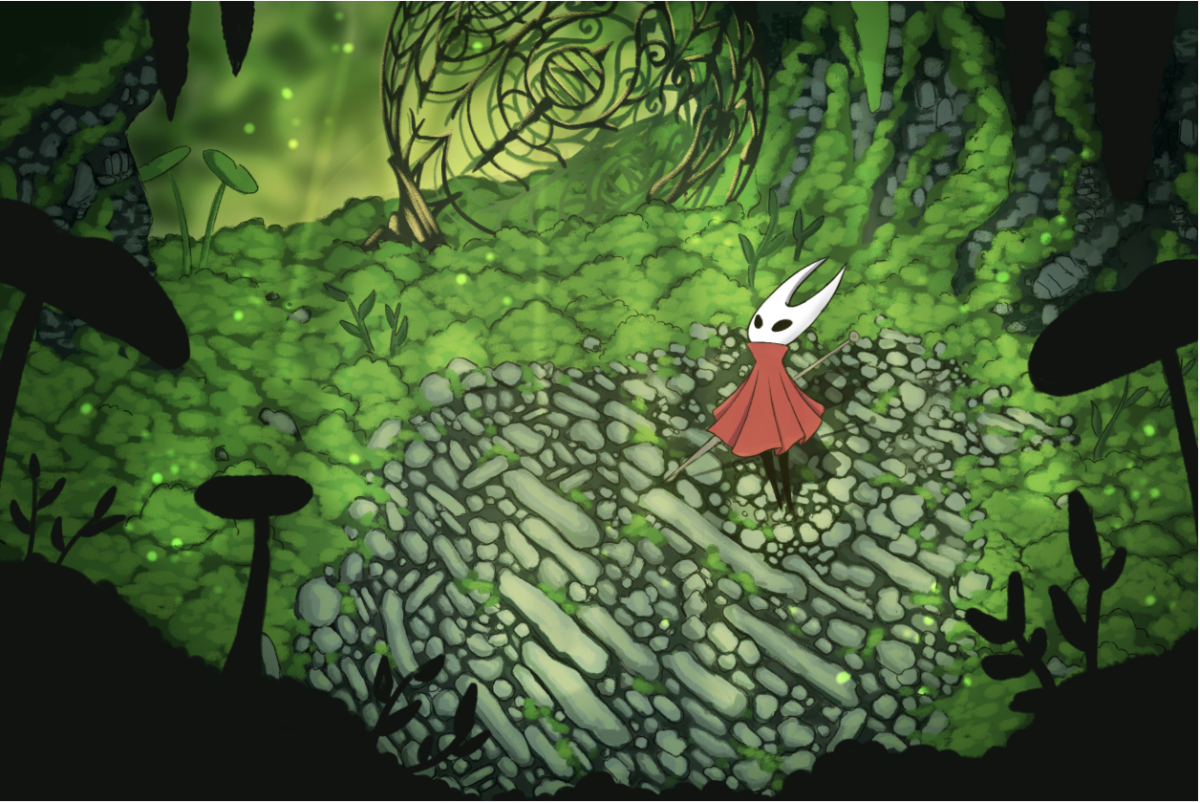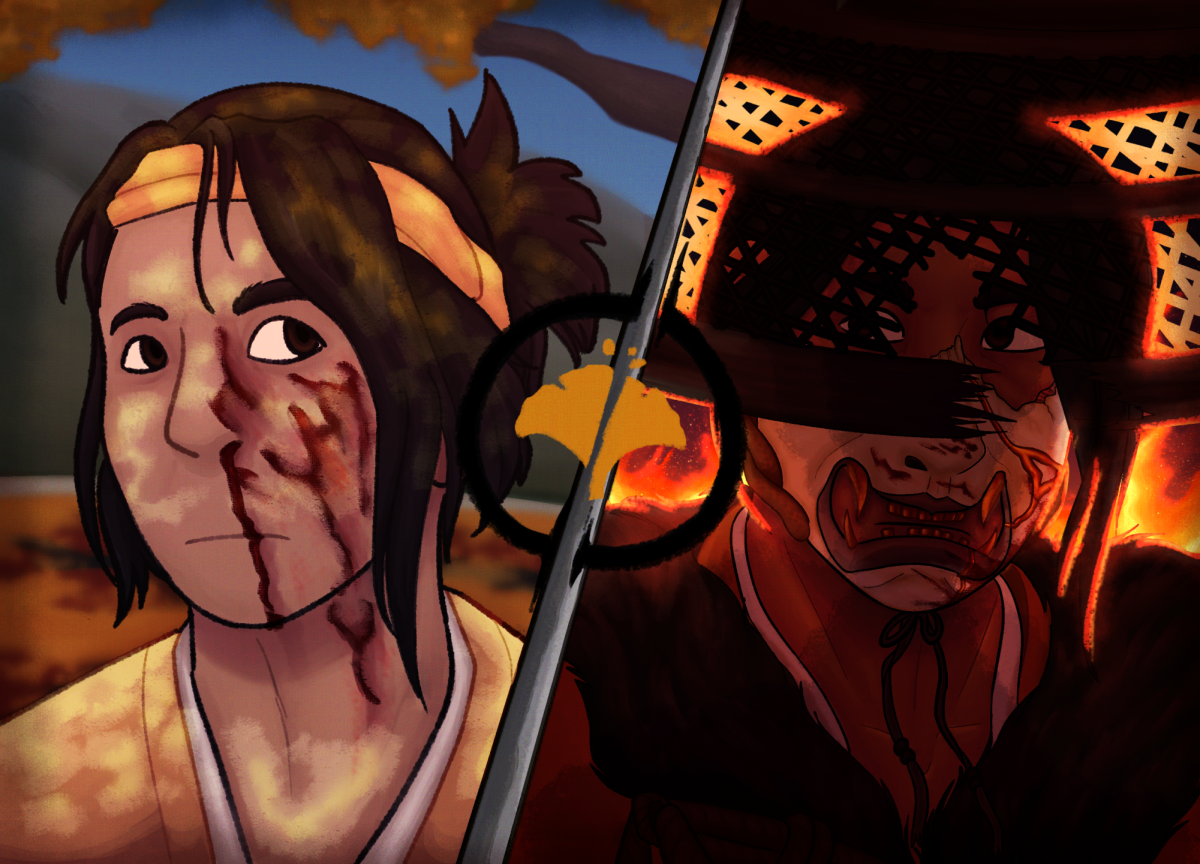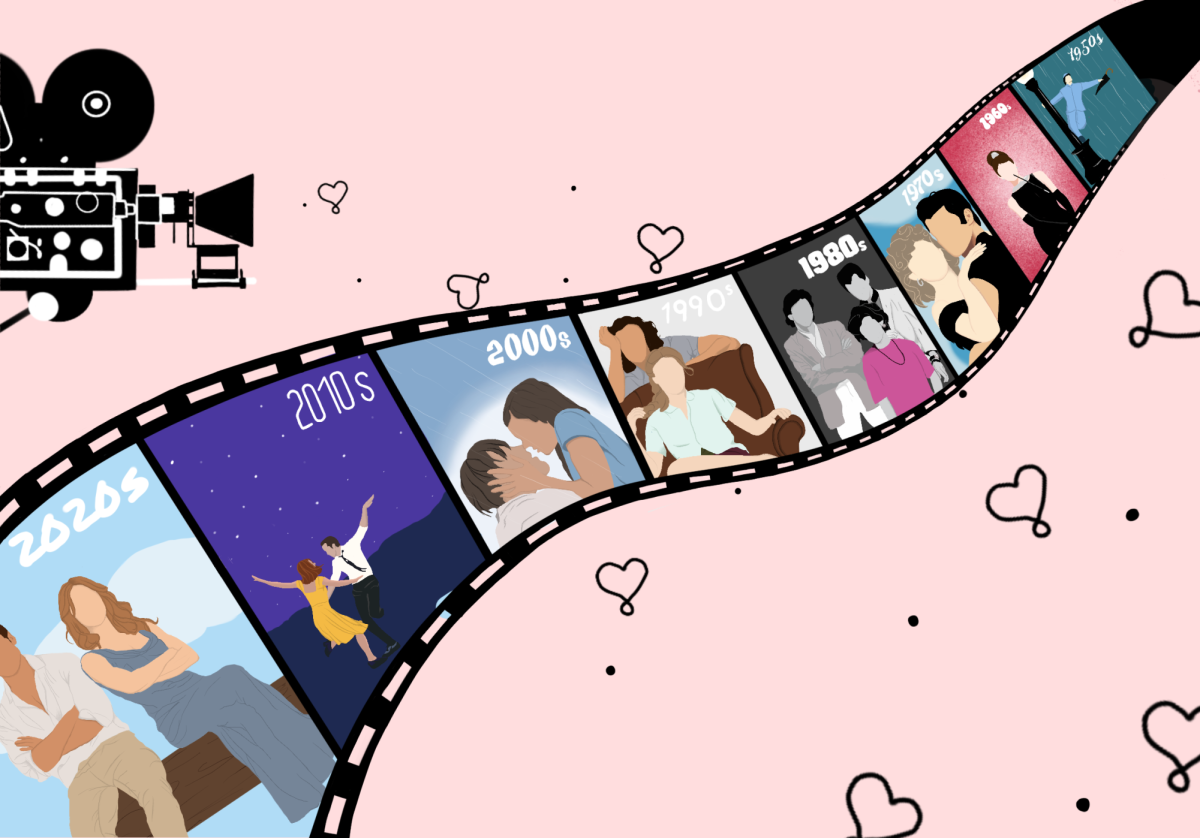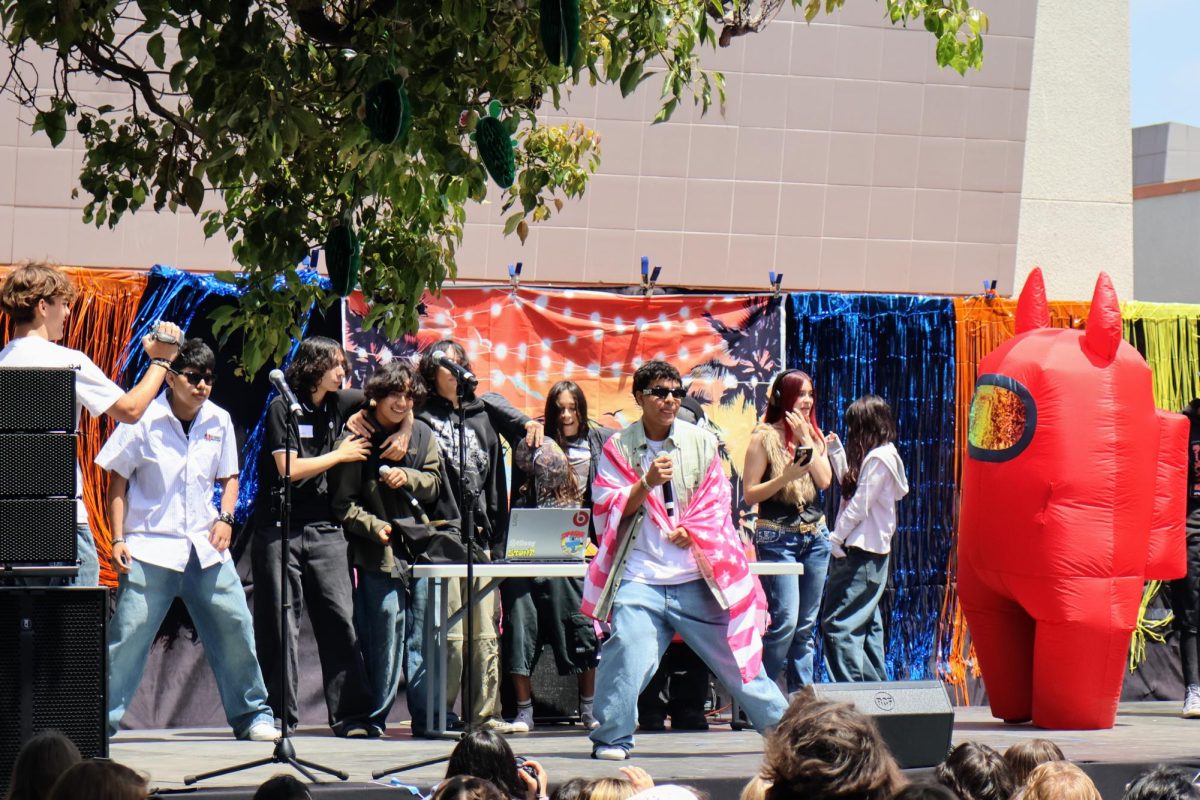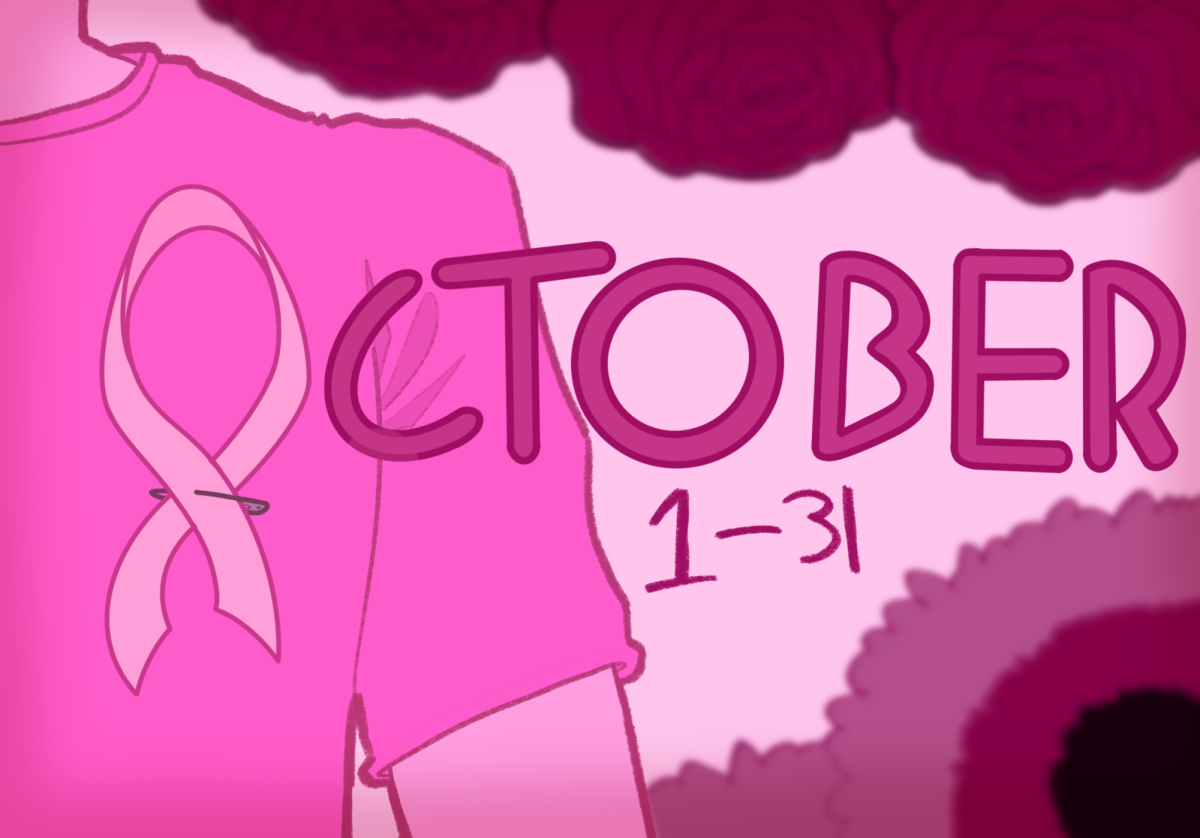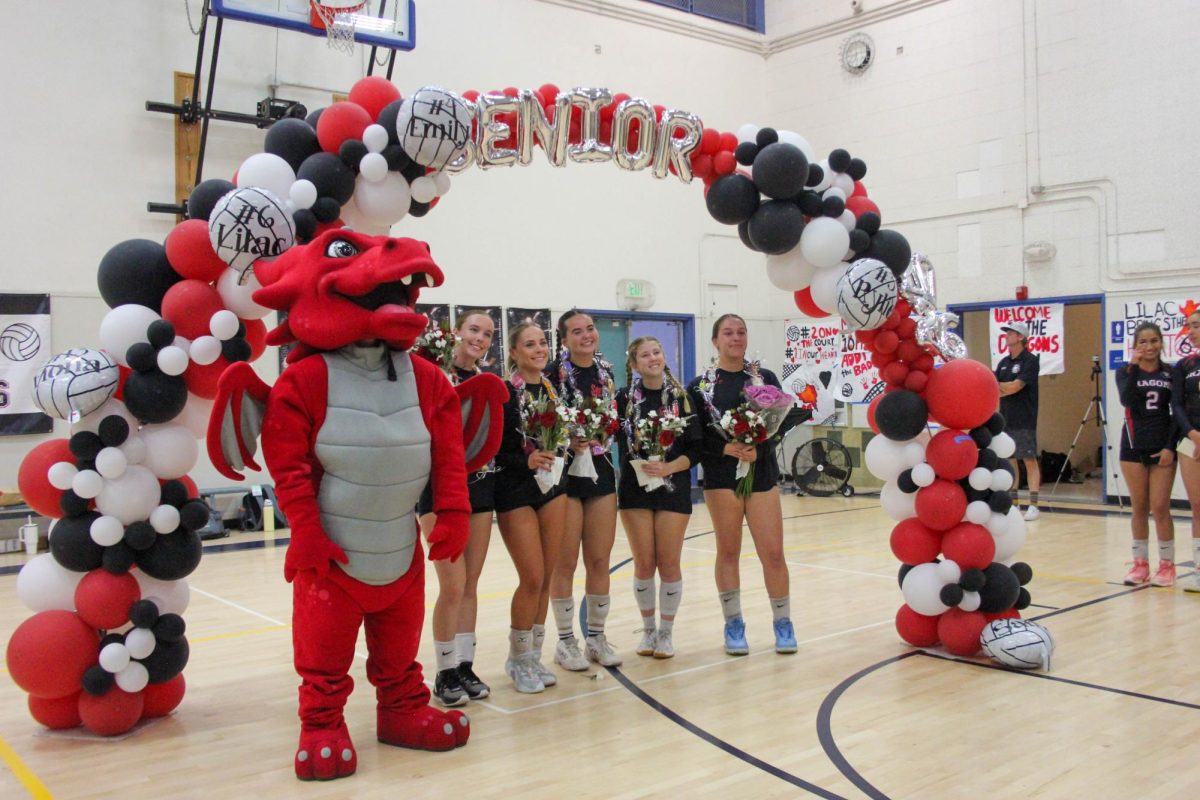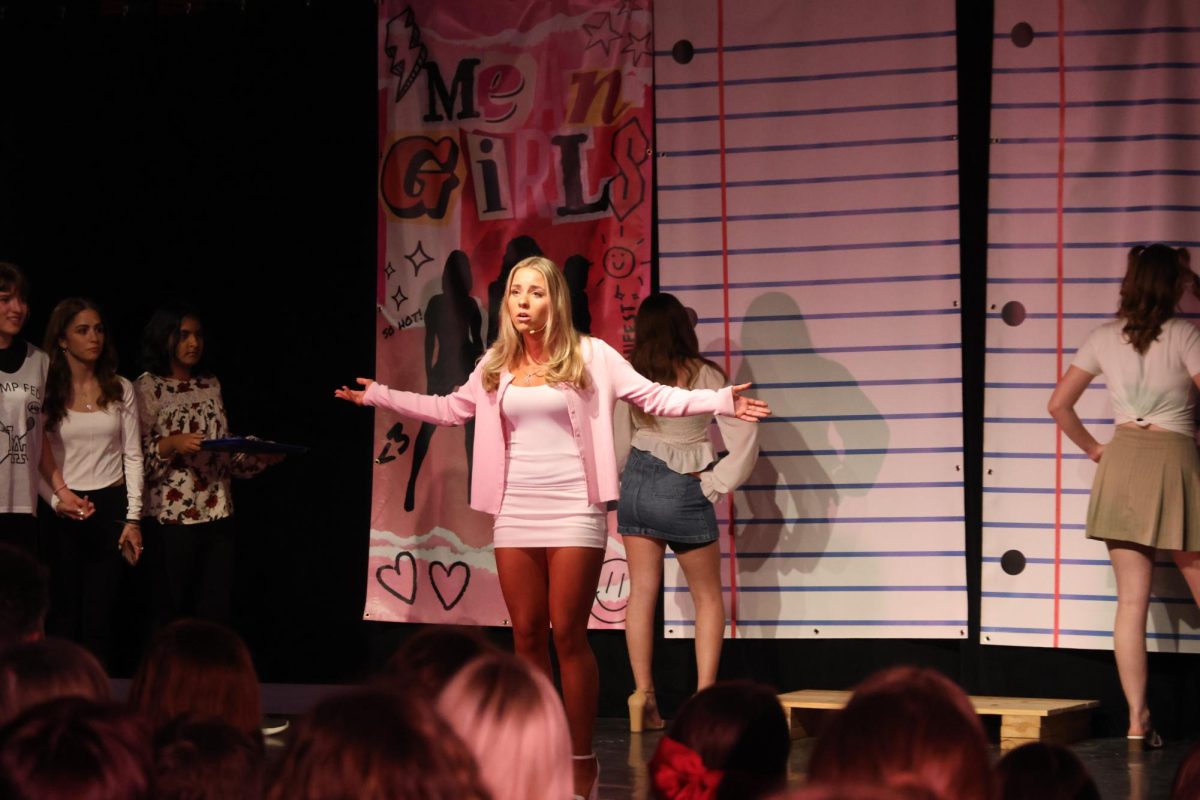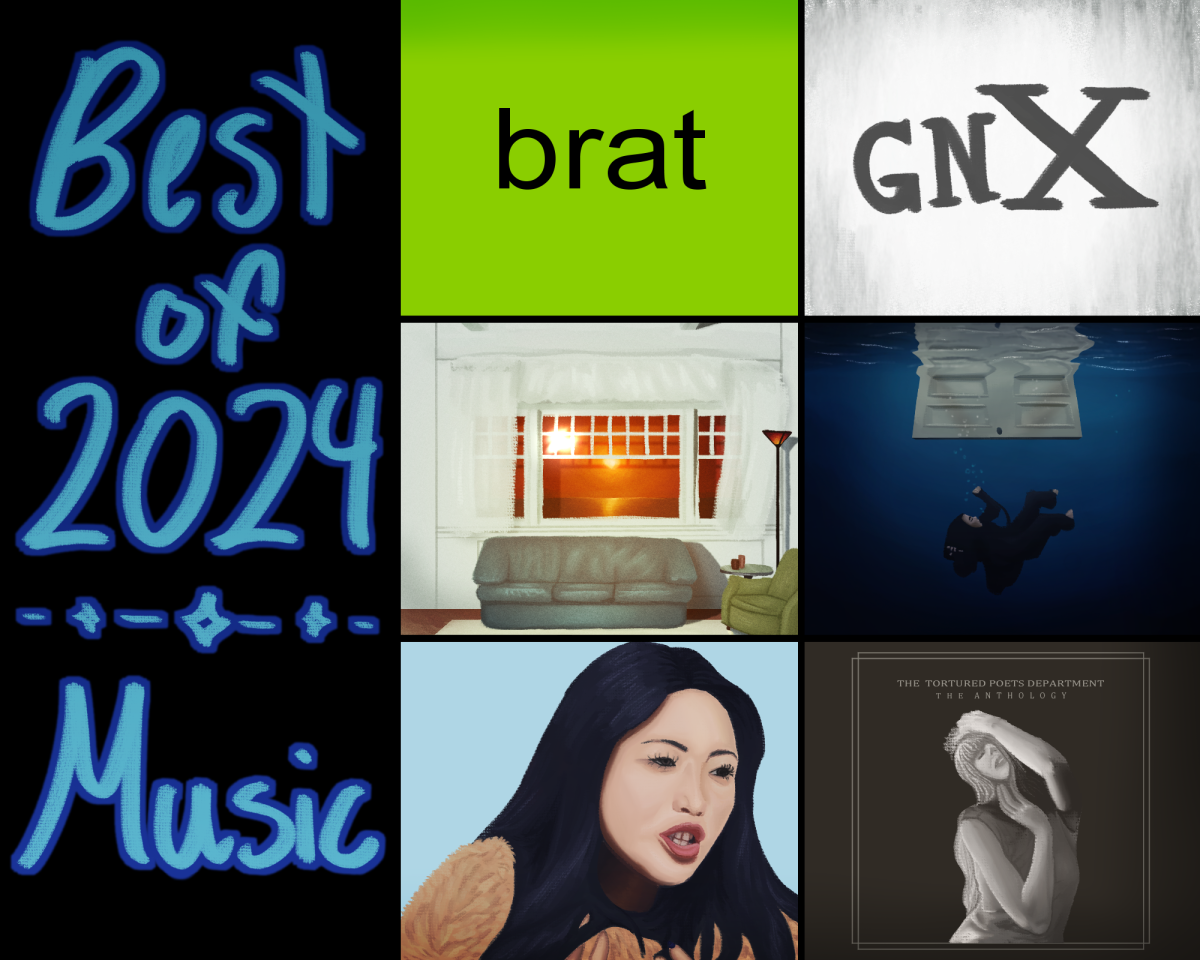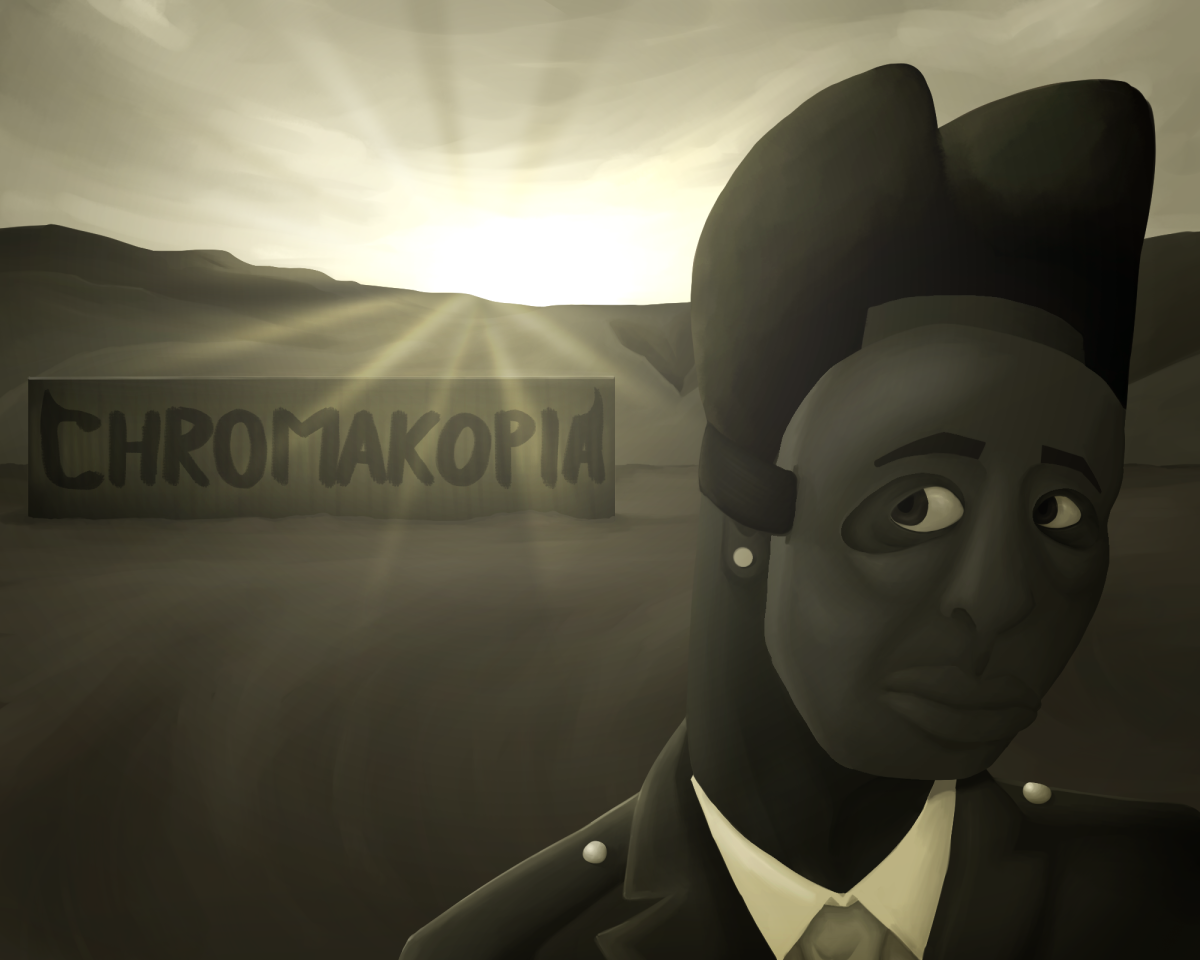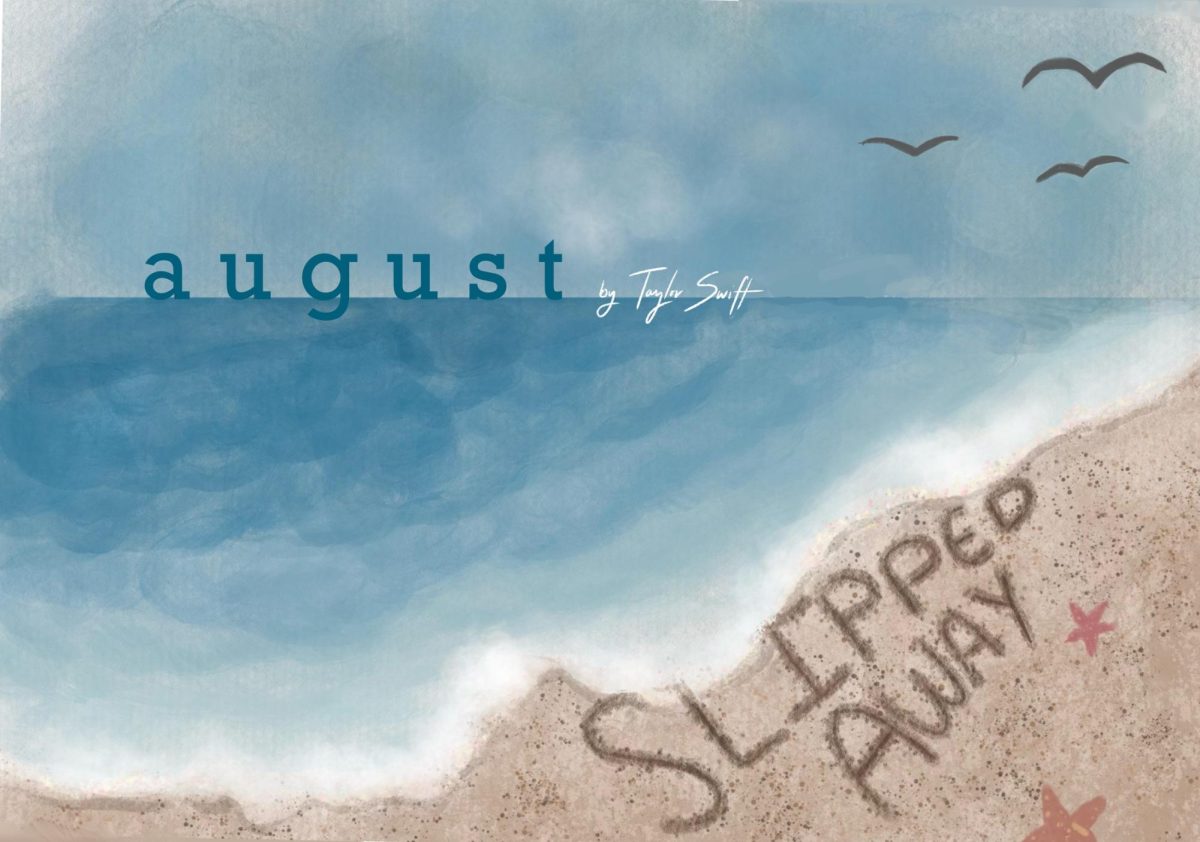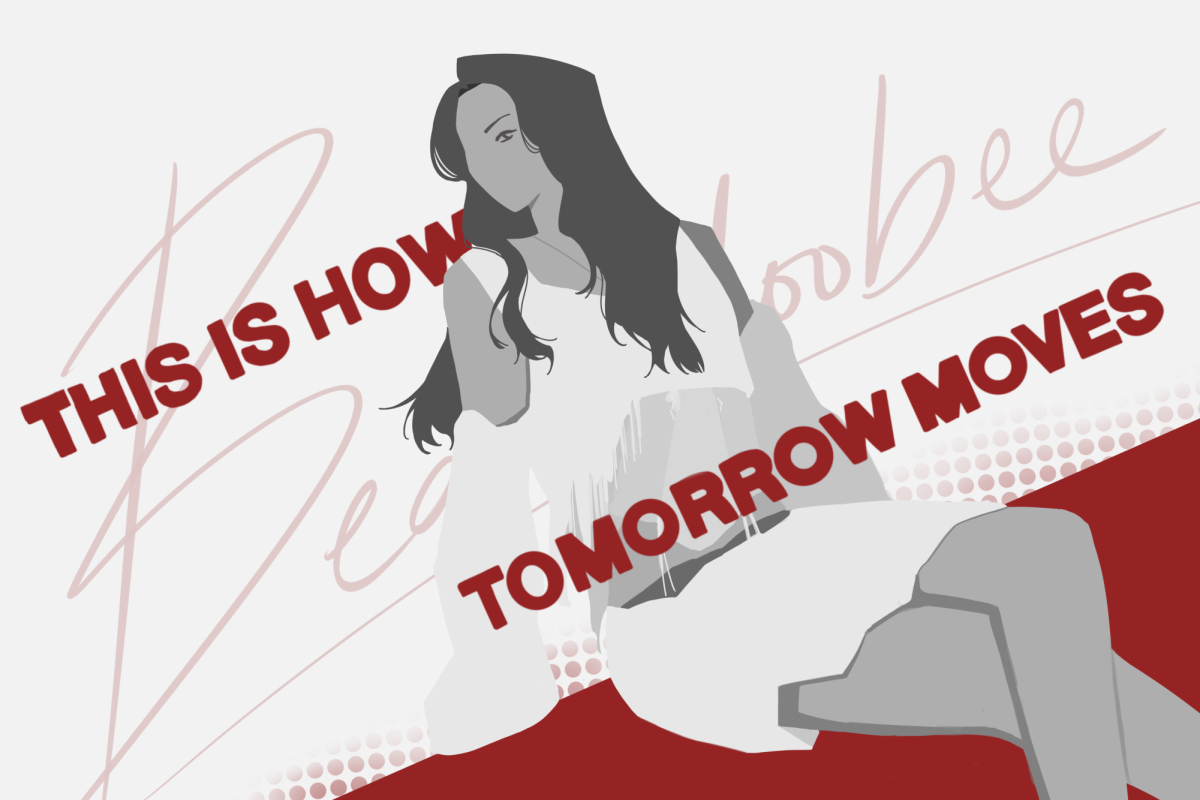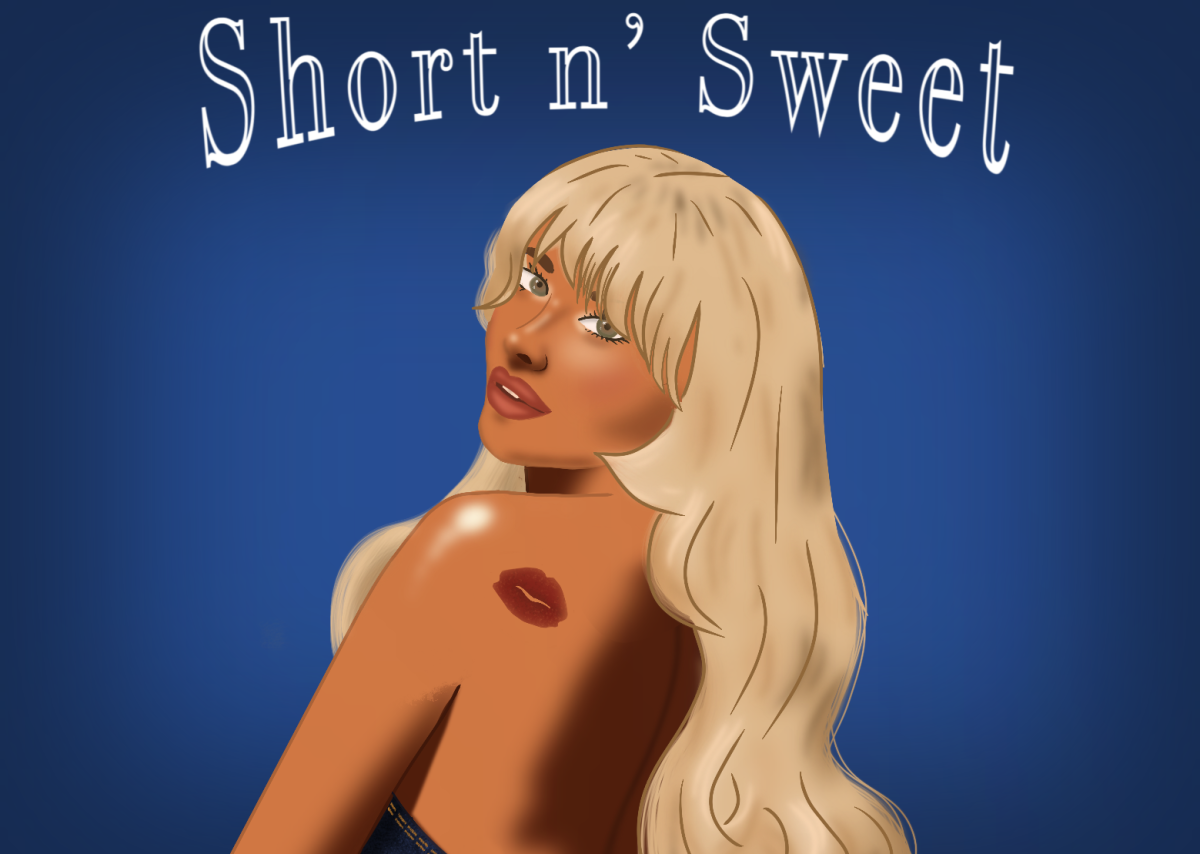After leaning into an upbeat ‘80s rock vibe in his third studio album, “Found Heaven,” Conan Gray returns to his roots with “Wishbone,” his newest project that revives the diaristic feel that originally defined his music.
To bring the album’s story to life, Gray released three music videos for the tracks, “This Song,” “Vodka Cranberry” and “Caramel,” all featuring Corey Fogelmanis as the romantic lead. Together, these videos resemble chapters in a coming-of-age romance novel.
Actor
As the first song on the album, “Actor” sets the tone for a painful story, one that Gray continues to layer with emotional complexity as the album progresses by giving the audience a glimpse of the emotional terrain ahead.
“Let’s pretend nothing happened, I agree. But you’re a much better actor than me”
Stuck in an on-and-off relationship with someone who can’t come to terms with his true self, Gray struggles to pretend that their relationship never happened as he resentfully watches his lover mask his emotions like it’s nothing. Gray layers the lyrics of this heartbreaking story over a faint theatrical violin, stressfully repetitive guitar strums and raw, aching vocals.
This Song
Wistful summer romance, running through fields and kissing in lakes, “This Song” poses a striking contrast with track one of the album.
“You know that I love you, and I’ve got a feeling that you love me back”
Paired with a music video and released as a lead single two and a half months before the release of the full album, “This Song” felt like a sweet and nostalgic romance tune. But after the way “Actor” opens the album and reveals the painful ending to the relationship, “This Song” hurts in a whole new way, stinging from hindsight like a memory you can’t enjoy anymore. Uncoincidentally, theatrical violin elements also appear in the instrumentals of this song, seemingly indicating that it is a prequel to “Actor.” However, this rendition takes over the main chorus in a movie-esque way, adding a rich melodic layer to the pop beat that comprises the song.
Vodka Cranberry
The rush of a secret summer romance ends when reality settles back in with the third track of Wishbone, “Vodka Cranberry.” The summer wistfulness of “This Song” carries into the production of this track with dreamy synths and a sweeping violin, but this time is undercut by mournful piano, hinting at the heartbreak beneath the surface.
“Speak up, I know you hate me”
The sweetness of the lyrics in “This Song” stands in contrast to these, revealing a lover who loves with immediate intensity, but pulls away just as quickly when the societal pressure becomes too heavy.
Romeo
Unlike the theatrical elements in the previous tracks, “Romeo” incorporates clunky rhythms, swangy strums and melodic switches, all of which give the song an almost indie film-like sound, introducing a new style to Gray’s discography.
“You put me in a grave of stone, but now it only makes me laugh”
Gray’s monotone delivery on the verses of the song, paired with upbeat, funky trumpets and guitar, conveys a feeling of strained indifference. Yet by the chorus, his voice swells with emotion, hinting at his desire to cope and heal by pretending the pain of the relationship does not affect him.
My World
“My World” begins with an upbeat ‘90s movie intro-style production, signaling Gray moving on from his lover as he accepts his own worth. In the opening verse, Gray admits, “I found approval as a remedy,” which offers a glimpse into his old way of living. Now, he finally begins reclaiming himself and his world, echoing the indifference expressed in “Romeo,” but this time, with a sense of finality.
“It’s my world and it’s my life… I don’t have you in mind”
“The key to a good bridge is going somewhere where the song hasn’t gone yet,” Gray shares in an interview with Capital Buzz on YouTube. The bridge of “My World” takes this song to a whole new level as Gray sings, “You got your revenge by being stuck with your life,” emphasizing the relief in reclaiming his own self-worth rather than seeking revenge.
Class Clown
Gray has been very expressive about his difficult upbringing throughout his career, and “Class Clown” is no exception. With slow and disturbing vocals and lyrics, Gray explores a new facet of his painful past, describing that dealing with his so-called “trailer park trash” background caused humor to become his main coping mechanism.
“Take your pick, be laughed at or laughed with”
Gray’s low-income status often invited classmates’ taunts. In this song, he admits he deflected belittlement by becoming their “class clown,” essentially acting as a jester — laughing along rather than being laughed at.
Nauseous
Gentle strumming and sweet but sad piano melodies open “Nauseous.” As one of the slower songs on the album, this track isn’t an immediate hit, but in true Gray fashion, the lyrics are like a punch to the gut when you really begin to dissect and understand them.
“You just want to dance, it feels like our final act. You’re holding my hand, my mind sees a grizzly trap”
Gray uses this song to express an emotion he’s avoided for a long time: loving someone who he knows is a good person. He describes how he often chooses stereotypical “bad guys” because he knows they are bound to hurt him, and he finds a sense of comfort in that predictability. But now, he has fallen for someone who will love and treat him right, admitting how that’s almost scarier since he now has to allow himself to become vulnerable.
Caramel
Released as the last music video for the album and the closing song to the love story arc, “Caramel” captures how healing from a breakup isn’t linear. With punchy electric guitar, explosive drums and Gray’s signature vocals that cut with intensity, this song delivers the complexity of missing someone who you know isn’t good for you.
“The longer burn, the sweeter that you smell, you’re caramel”
Gray begins to look back on his relationship with rose-tinted glasses, ignoring the obvious pain it caused him and implying in the lyrics that those who hurt him more are the ones he misses most.
Connell
Named after the male protagonist in Sally Rooney‘s 2018 novel “Normal People,” “Connell” stands out as a unique track on “Wishbone.” In an interview with Capital Buzz, Gray explains that he relates to Marianne, the novel’s female lead, who is mistreated by the popular high school athlete, Connell, who hides their relationship out of fear of social judgment.
“You remind me of how good it feels to hurt, you remind me of how little I deserve”
These honest lyrics echo the themes in Gray’s previous work, where he admits he’s drawn to people who make him feel bad about himself. He then connects this unhealthy pattern to the way his father treated him and his family during his childhood.
Sunset Tower
Calm and ambient, “Sunset Tower” is a song made for driving through the city at dusk. With heavy synth and light drums, this song strays from Gray’s more typical lyric-heavy music, creating an atmospheric sound.
“I wish you the best, but hope that you die inside every time I’m playing in London”
Even in its airy production, the track offers deeper lyrics. After expressing sadness and longing in previous tracks, “Sunset Tower” taps into Gray’s anger. He sings about his conflicted feelings of wanting to move on while also vengefully hoping his ex still hurts from the loss.
Eleven Eleven
On “Eleven Eleven,” Gray makes the first and only mention of the album’s title, “Wishbone.” Going through the list of classic superstitious behaviors, such as wishing on shooting stars and four-leaf clovers for his lover to come back, Gray sings the majority of this song flatly, suggesting his defeat in ever being able to move on.
“As much as I act like I want to forget it, I still wish for you at 11:11”
Entering the bridge of the song, the emotion builds up in Gray’s voice, conveying his frustration in being trapped in his head as he sees “signs” everywhere. He manically goes through the list again as the song builds up to the climax, where he admits, “If you’d ask me, I’d deny that we ended,” before singing the chorus again, with true emotion this time.
Care
As the credits begin to metaphorically roll on the album, the intro to “Care” mimics that feeling with its upbeat and soaring production. Contrary to the vibrancy of the production, this closing provides hope of closure for the relationship that has so brutally consumed Gray in this album.
“I don’t cry ‘cause it’s over, I just don’t feel like I could love again”
Although he has moved on enough to stop crying at the thoughts of their time together, Gray acknowledges that this person has left some scars on him, dramatizing the pain by claiming he could never love again. An important piece to the ending of this album is Gray admitting his wish to be friends with this person still. Even through all of the pain, this was someone he truly loved, and for better or worse, Gray expresses his desire to keep them in his life.

